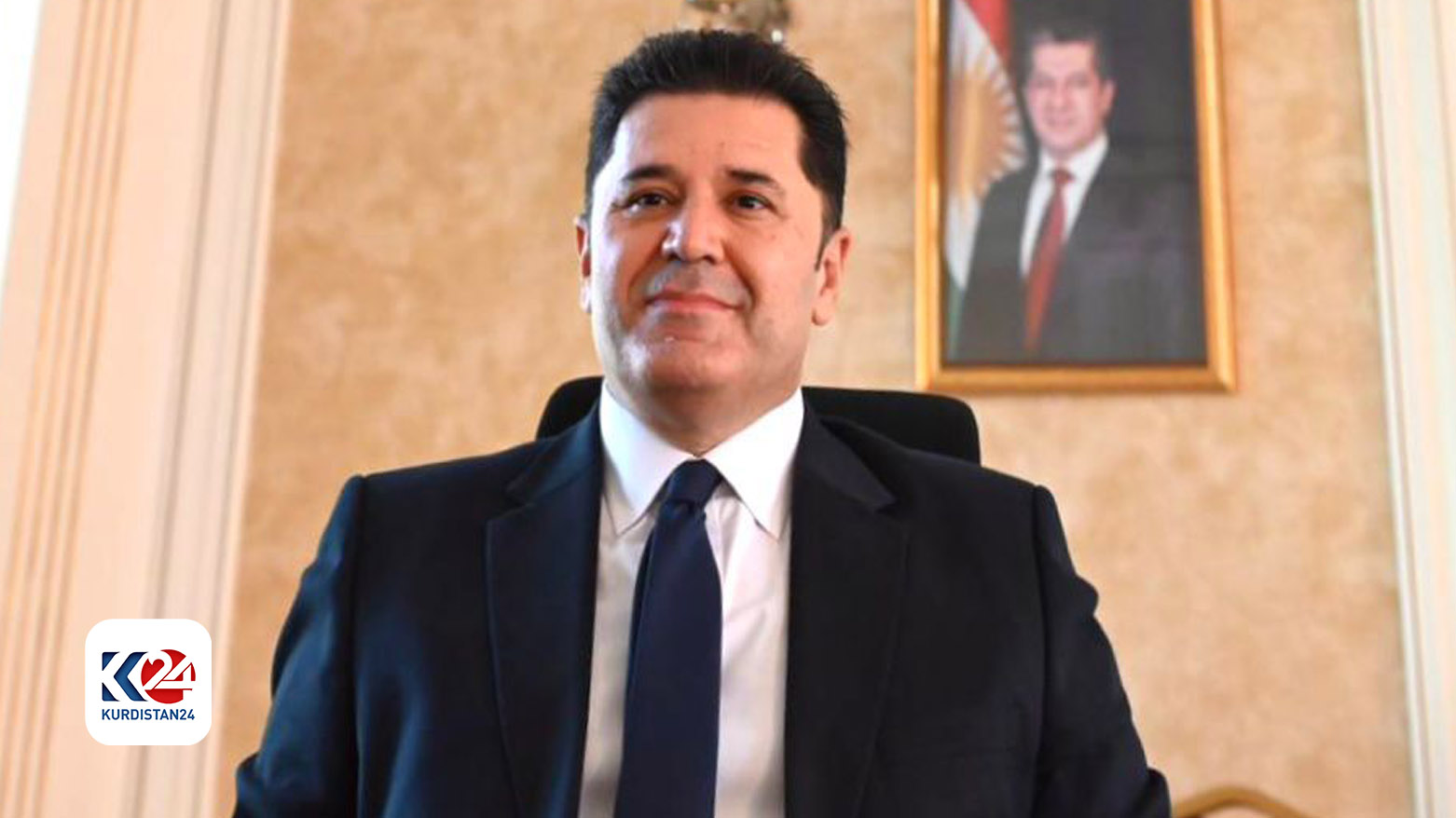KRG's Ninth cabinet achieves major progress in education, corruption fight, cultural preservation
Dr. Zebari explained that the KRG has worked diligently to bring local legislation in line with international standards, resulting in 24 new laws across diverse sectors such as education, archaeology, anti-corruption initiatives, and the protection of people with needs.

ERBIL (Kurdistan24) – The Kurdistan Regional Government’s (KRG) ninth cabinet has made significant strides in the areas of education, anti-corruption efforts, and the preservation of cultural heritage, according to Dr. Dindar Zebari, the Kurdistan Region's Coordinator for International Advocacy.
Dr. Zebari highlighted these achievements in a recent statement emphasizing the cabinet’s commitment to implementing the International Covenant on Economic, Social, and Cultural Rights.
Dr. Zebari explained that the KRG has worked diligently to bring local legislation in line with international standards, resulting in 24 new laws across diverse sectors. These include vital areas such as education, archaeology, anti-corruption initiatives, and the protection of people with disabilities.
Education: Tackling Illiteracy and Teacher Recruitment
One of the key achievements of the ninth cabinet, according to Dr. Zebari, has been its success in reducing illiteracy in the Kurdistan Region. “In 2018, the illiteracy rate was at 24%. However, with continuous efforts and the support of Prime Minister Masrour Barzani, this rate has now dropped to 16%, a significant improvement by international standards,” he noted.
The government's efforts have also seen the return of over 30,000 students who had previously dropped out of the education system between 2022 and 2024, helping to strengthen the region's educational foundation.
In addition, the KRG has taken steps to address the long-standing issue of temporary teaching contracts. Over 5,000 contract teachers have been granted permanent positions under this administration, and 1,300 top graduates from the 2015-2016 academic year have been successfully employed.
Prime Minister Barzani further underscored his commitment to strengthening the teaching workforce by signing a decree that brought 38,000 non-contracted teachers into contract-based employment. More recently, on September 25, 2024, the Prime Minister approved a decision to offer permanent contracts to around 30,000 employees, further securing the futures of many public workers.
Anti-Corruption Efforts: A National Strategy in Place
Dr. Zebari also highlighted the government's dedication to tackling corruption. "The Kurdistan Regional Government has approved the National Strategy to Fight Corruption for 2021-2025," he said. This comprehensive plan aims to enhance transparency and accountability across the government, reflecting the cabinet’s commitment to upholding international governance standards.
Cultural Heritage: Protecting Kurdistan’s Rich History
In addition to its educational and governance efforts, the KRG has placed a strong focus on protecting the region's cultural heritage. Dr. Zebari reported that 41 projects have been completed to protect and develop monuments across the Kurdistan Region. In 2023 alone, 69 monuments were restored and excavated, while 3,200 more have been registered for protection.
Looking ahead, the government has plans to implement 13 additional projects dedicated to the restoration of Yezidi holy sites, including significant efforts to preserve the revered Lalish shrine, a spiritual and cultural landmark for the Yezidi community.
A Vision for Continued Progress
As the KRG moves forward with these ambitious initiatives, Dr. Zebari reiterated the ninth cabinet’s dedication to socio-economic development and the protection of human rights. The government’s achievements, particularly in education, corruption eradication, and cultural preservation, set a strong foundation for continued growth and reform in the Kurdistan Region.